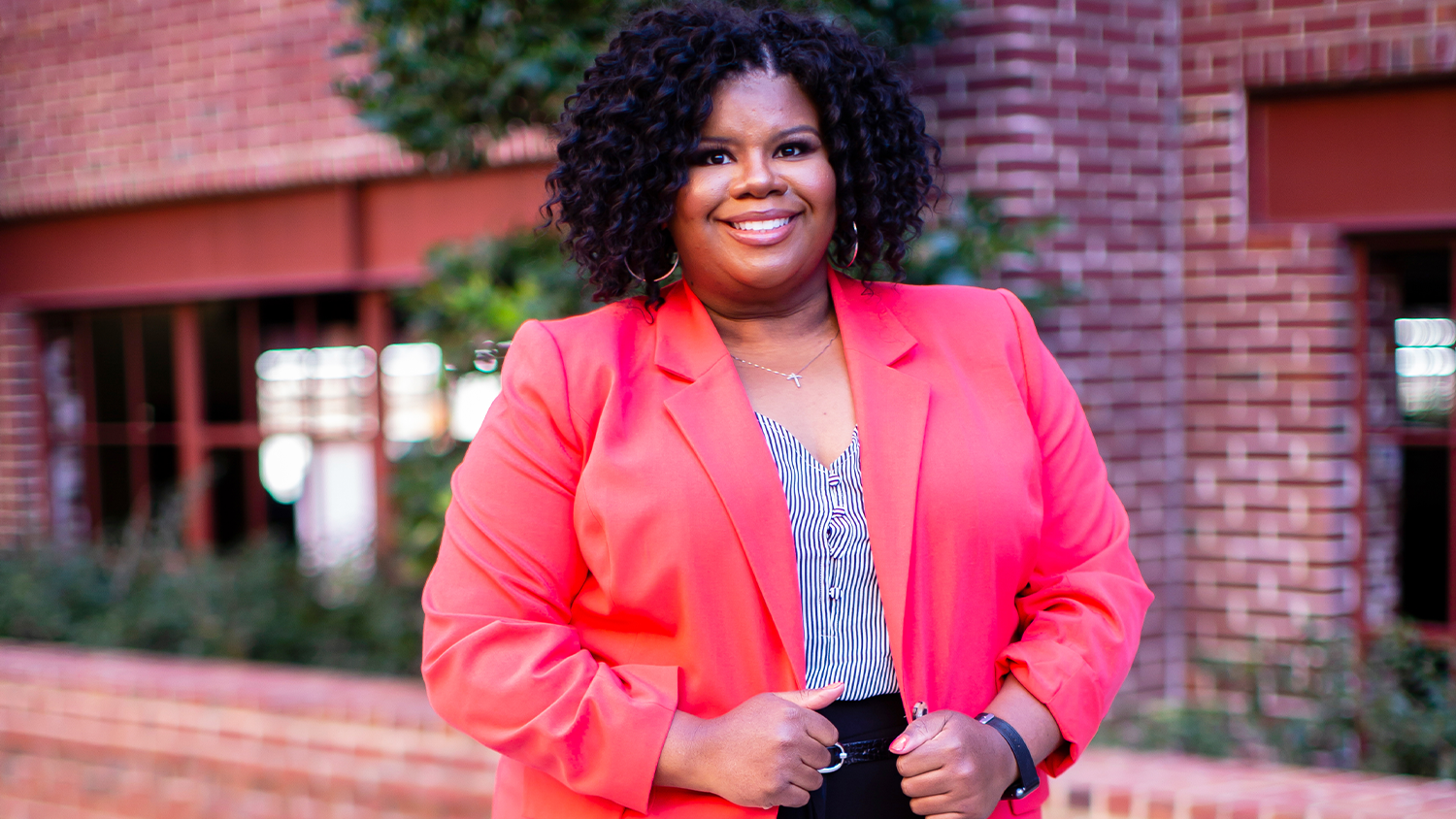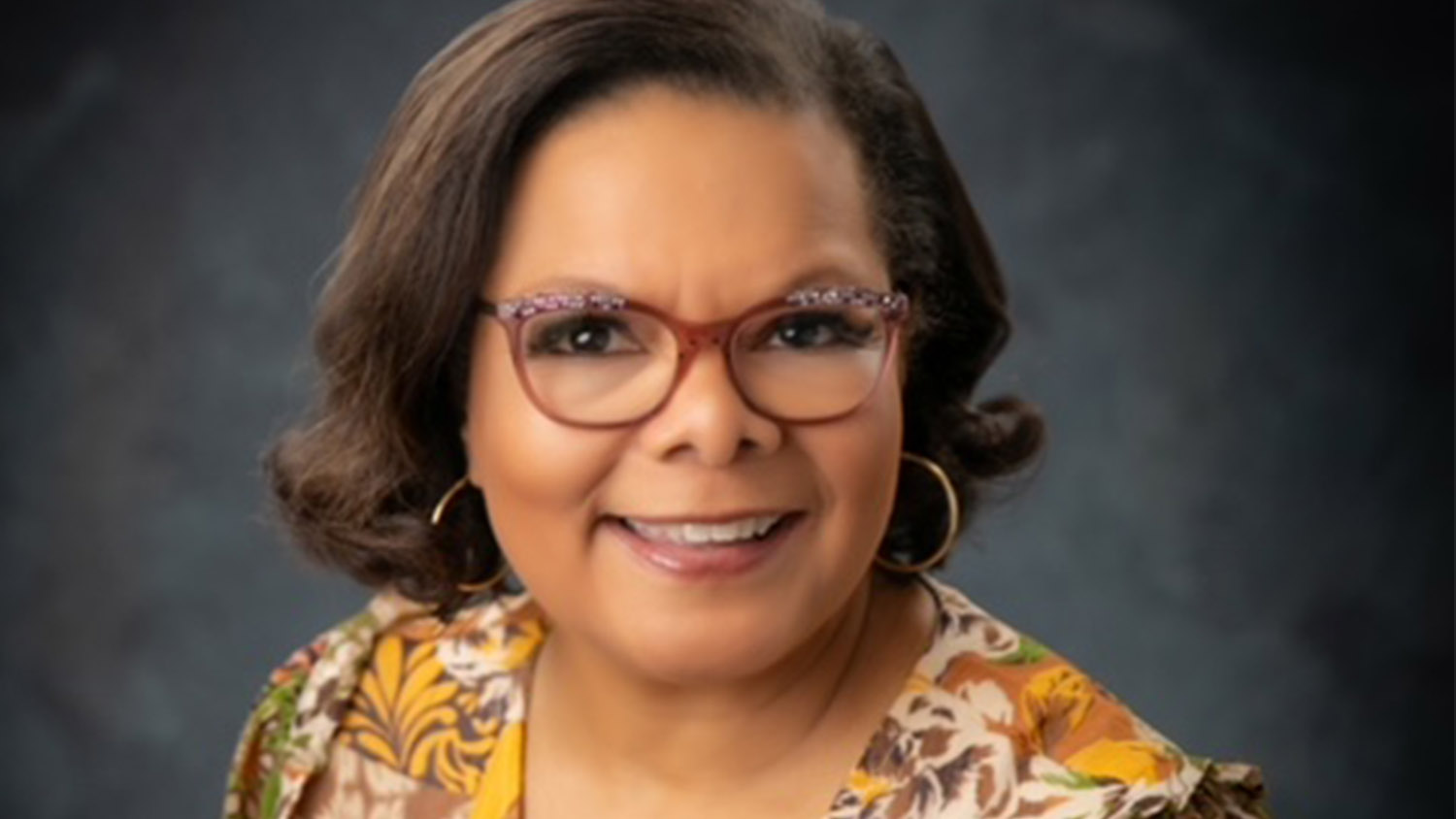Assistant Professor Jamie Pearson Will Use IES Early Career Grant To Help Connect Black Children, Families To Autism Services and Supports

Black children often face disparities when it comes to being diagnosed with autism and although the delay in autism identification has decreased in recent years, NC State College of Education Assistant Professor Jamie Pearson, Ph.D., is aiming to help Black families be better equipped to access and advocate for autism services through a new grant-funded project.
Pearson said that a lack of culturally appropriate screenings often make it more difficult for healthcare providers to recognize signs of autism in Black and Latinx children, leading to many Black children with autism being misdiagnosed with emotional and behavioral disorders.
When a diagnosis is made, access to care can remain difficult because of the stigma surrounding disabilities in the Black community, Pearson said. Many Black families have experienced overrepresentation of children of color in special education classrooms and are reluctant to “label” their children as autistic. In addition, families experiencing poverty or living in rural communities are less likely to get access to services such as applied behavior analysis, speech therapy and social skills groups because of financial or geographical barriers.
“Once Black children are identified, families face barriers to identifying and navigating the special education system. Many Black families have reported that they experience so much frustration trying to sort through the steps to support their children,” Pearson said.
Using a four-year, $699,244 U.S. Department of Education’s IES Research Training Programs in Special Education Early Career Grant, Pearson aims to strengthen advocacy and increase service access and utilization among Black families of children with autism.
“Developing and Refining a Parent Training to Improve Outcomes for African American Children with Autism” will develop and test the promise of Pearson’s existing Fostering Advocacy, Communication, Empowerment and Support (FACES) parent-training intervention when delivered by community-based parent educators.
In the project’s first year, Pearson will refine the curriculum for FACES, which was developed as part of her dissertation project when she was a doctoral student at the University of Illinois, in order to better reflect the needs of Black families raising children with autism in North Carolina.
She will then develop the FACES facilitator training to support parent educators in sustaining the intervention, train parent educators to implement the intervention with fidelity and then pilot the full intervention during the fourth year of the project. Pearson has also partnered with the Exceptional Children’s Assistance Center (ECAC) and the Autism Society of North Carolina (ASNC), the two largest community-based disability outreach organizations in the state, to prepare to support the needs of Black children with autism and their families in their local communities.
“The majority of the extant research around autism disparities has focused on quantifying racial disparities, yet little work has been done to actually reduce these disparities,” Pearson said. “Black families raising autistic children need access to parent education and advocacy training to combat the barriers they face in service access and utilization; and not in systems where they have been oppressed or spaces where they don’t feel welcome.”
A recently published study focused on the initial pilot phase of FACES and found that the intervention strengthens parent perceptions of empowerment, knowledge about autism and advocacy capacity. The program has also hosted several Meeting FACES events, connecting Black families with autism services across the state and building a network of several hundred families and providers.
Pearson said she has seen families who have been a part of FACES return to their communities and educate others about autism, connect them to services and even create their own support groups.
“When families have more knowledge about autism and autism services, they feel more empowered and when they feel more empowered, they are better equipped to advocate. When they advocate, they are more likely to get their children the support they need. When autistic children have the academic and behavioral supports they need, they excel. This is why it’s critical to engage in this work with families at the community level,” she said.
- Categories:


